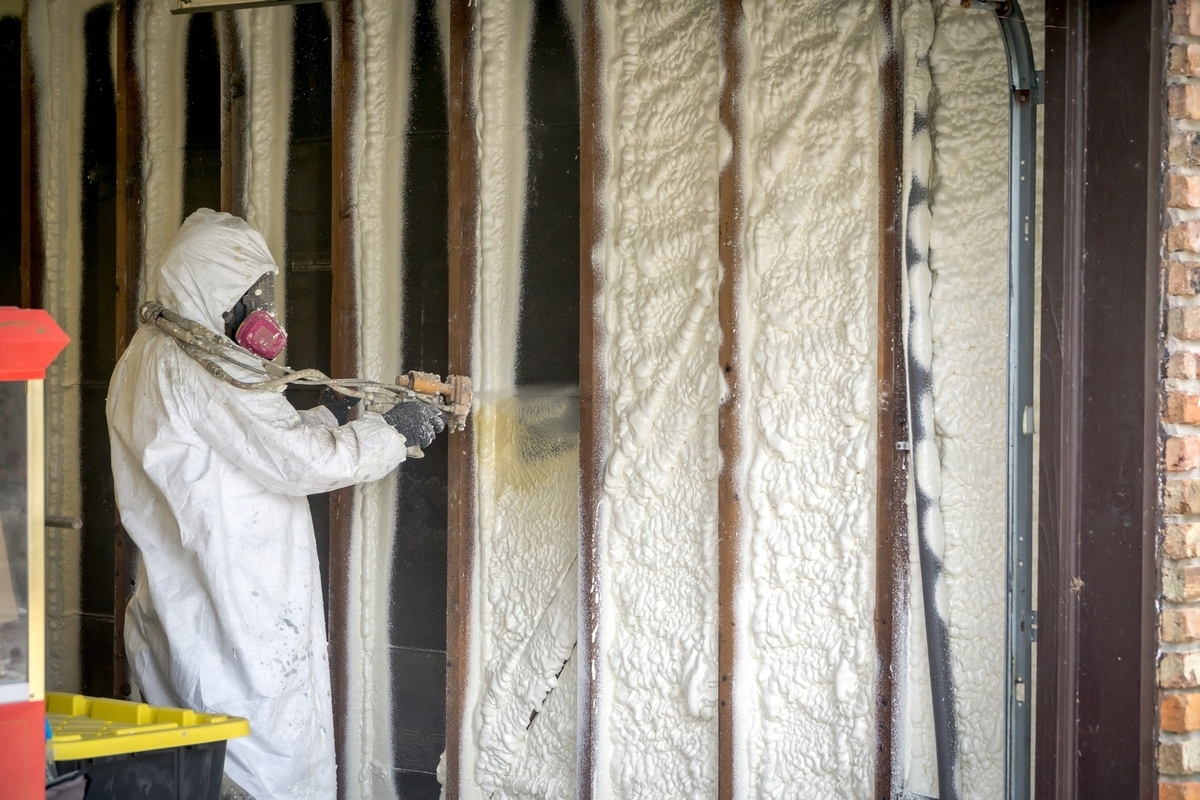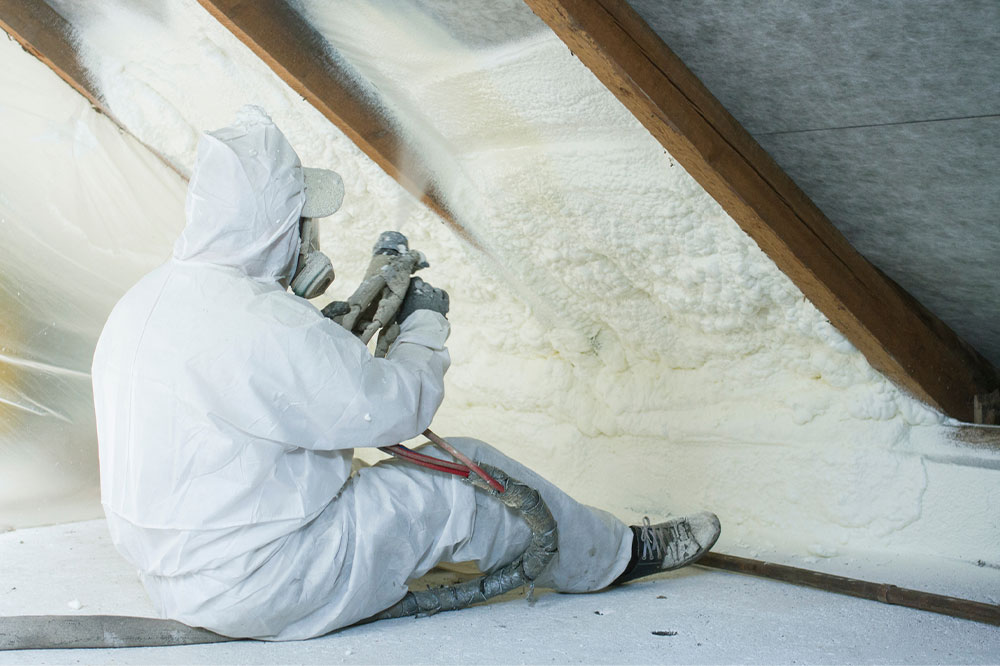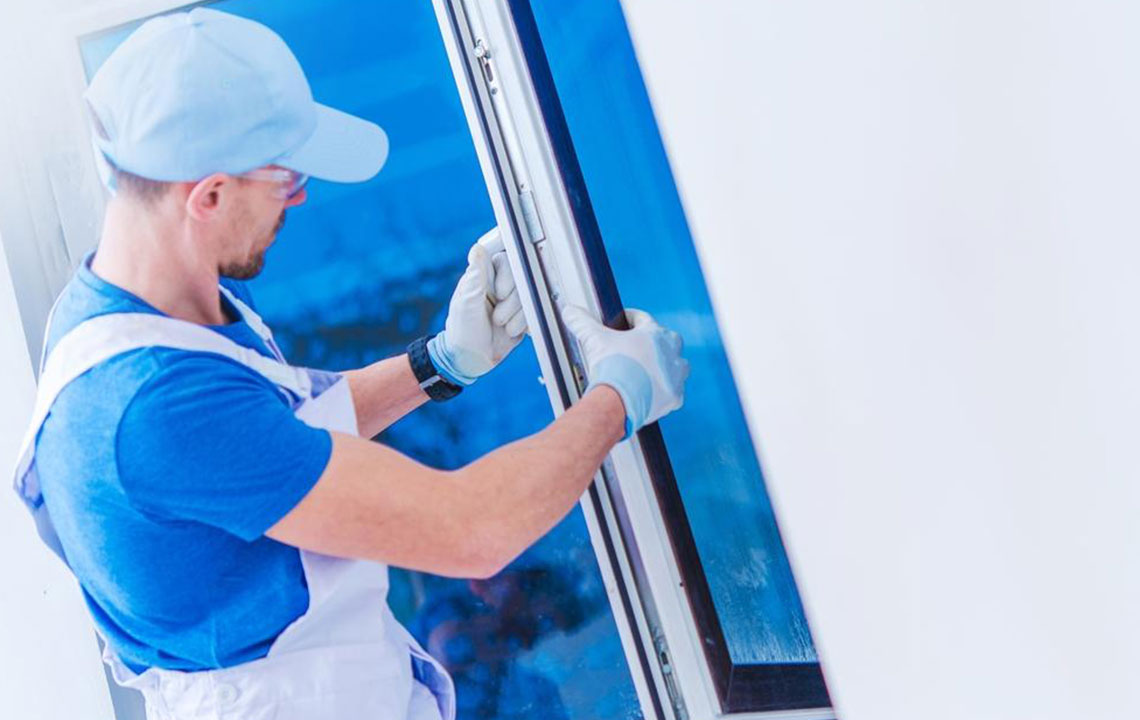Innovative Spray Foam Solutions Enhance UK Building Energy Efficiency
Spray foam insulation is revolutionizing UK building efficiency by offering superior thermal performance, air sealing, and moisture protection. Suitable for residential and commercial properties, it reduces energy costs and supports sustainability. Proper installation by certified professionals ensures compliance with UK standards, making it a smart investment for long-term comfort and environmental benefits.

Transforming UK Homes and Businesses with Advanced Spray Foam Insulation
Effective insulation plays a crucial role in ensuring comfort and lowering energy expenses. Spray foam insulation is quickly becoming a top choice across the UK due to its superior thermal properties and adaptability. This cutting-edge insulation technology not only boosts energy efficiency but also offers excellent air sealing and moisture protection, suitable for varying climates and construction types. This article covers the essentials of spray foam insulation, its key benefits, application techniques, and considerations specific to UK residential and commercial buildings.
Understanding Spray Foam Insulation
Spray foam insulation is a polyurethane-based material applied as a liquid that rapidly expands and hardens, creating an effective insulating barrier. It is mainly available in open-cell and closed-cell variants, each suited to different insulation requirements.
Types of Spray Foam Insulation
Open-Cell Foam:
This less dense, flexible foam has a porous structure and provides a lower R-value. It’s ideal for interior walls and ceilings where breathability is needed.
Closed-Cell Foam:
This dense, rigid type offers higher thermal resistance per inch and acts as a moisture and air barrier, making it suitable for exterior applications and damp-prone areas.
Advantages of Spray Foam Insulation
Exceptional Thermal Efficiency:
With high R-values, it minimizes heat loss during winter and keeps indoor spaces cooler in summer, reducing energy bills.
Enhanced Air Sealing:
Its expansion fills gaps, cracks, and leaks, greatly improving the building's airtightness.
Moisture Resistance:
Especially the closed-cell variant, provides strong moisture resistance, preventing mold and protecting structural durability.
Long-Term Durability:
Once installed, spray foam maintains its insulating capabilities, offering sustained energy savings.
Environmentally Friendly:
Its improved energy performance reduces carbon footprint, and many formulations are environmentally sustainable, supporting green building initiatives.
Application Process
Preparation:
Surfaces are cleaned and prepped; vapor barriers may be added depending on the insulation type and building standards.
Installation:
Certified professionals spray the foam onto surfaces, where it expands and bonds effectively.
Curing and Finishing:
The foam sets quickly, often within hours, after which excess material is trimmed, and finishing touches are applied.
UK-Specific Factors
The UK’s diverse climate, from wet coastal zones to colder inland regions, demands moisture-resistant and durable insulation solutions. Closed-cell foam performs well in high-humidity areas.
Building standards in the UK require adherence to energy efficiency and fire safety regulations, making professional installation essential. While initial costs may be higher than traditional methods, energy savings, incentives, and grants often justify the investment.
Choosing spray foam insulation can significantly cut energy costs, reduce carbon emissions, and enhance overall comfort in UK buildings. Its durability and insulating quality make it an excellent sustainable choice for modern residential and commercial projects, aligning with eco-conscious development goals.


